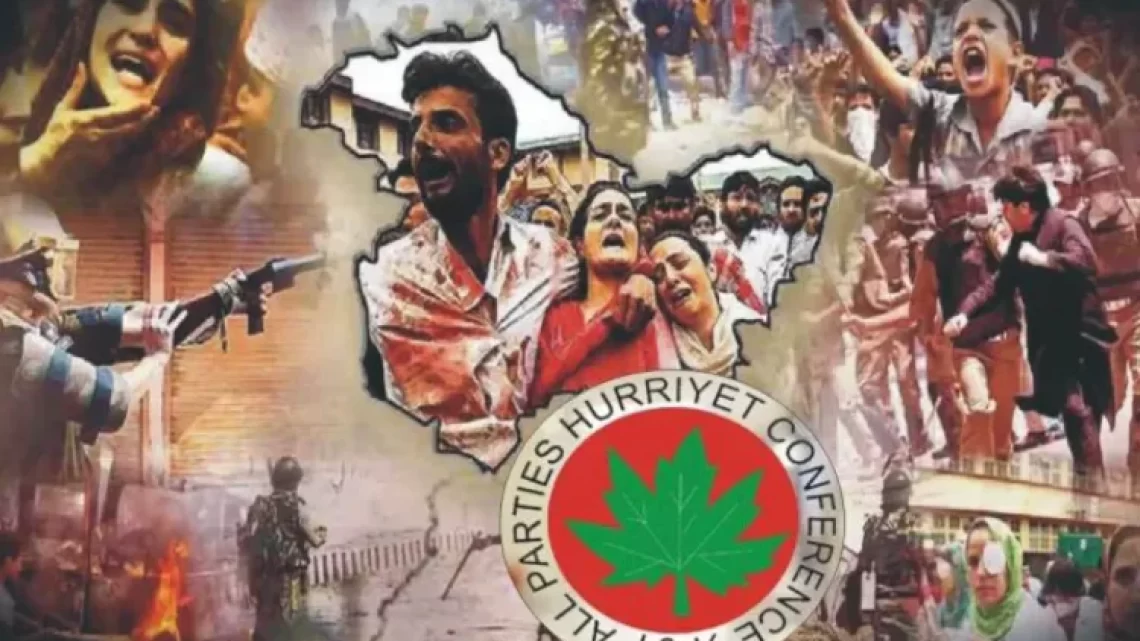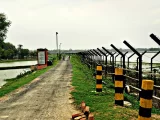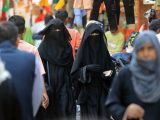
APHC Reaffirms Kashmiris’ Resolve Amid Indian Suppression
April 27, 2024In Indian illegally occupied Jammu and Kashmir (IIOJK), the All Parties Hurriyat Conference (APHC) has reiterated the unwavering determination of Kashmiris to continue their political struggle until the resolution of the Kashmir dispute in accordance with relevant United Nations resolutions.
According to a statement by APHC spokesman Advocate Abdul Rashid Minhas in Srinagar, the people of Kashmir, driven by their quest for freedom, are steadfastly engaged in a peaceful struggle to secure their political rights as outlined in UN resolutions. However, the Modi-led Indian government persists in employing brutal tactics to stifle the voice of Kashmiris.
Minhas highlighted the atrocities committed by Indian forces, including killings during so-called cordon and search operations, and arbitrary arrests of Kashmiris under false pretexts for advocating their right to self-determination. He emphasized that thousands of Kashmiris are languishing in jails across India and IIOJK, with New Delhi utilizing draconian laws to prolong their detention.
Among the detainees mentioned were prominent figures such as APHC chairman Masarrat Aalam Butt, Muhammad Yasin Malik, Shabbir Ahmad Shah, and others. Despite Indian repression, Minhas stressed that the Kashmiri people remain resolute in their struggle for freedom from New Delhi’s illegal rule.
Minhas denounced the Indian Lok Sabha election in IIOJK as a mere facade aimed at distorting the reality of the situation on the ground. The APHC called upon the international community, including the UN, OIC, EU, and G20 countries, to exert pressure on India to grant Kashmiris their right to determine their political future in accordance with UN resolutions. This, the APHC contends, is indispensable for fostering peace, stability, and prosperity in the South Asian region.
The statement underscores the ongoing plight of Kashmiris and the urgent need for international intervention to address their grievances and uphold their fundamental rights.

